Against the backdrop of a country-wide arts and culture renaissance, Jeddah,
Saudi Arabia became an epicenter for international film from December 1-10 as
global filmmakers, celebrities, and crowds thronged to the city for the second
annual
Red Sea International Film Festival (RSIFF).
اضافة اعلان
Under the motto
“film is everything”, the festival was a testament to the kingdom’s expanding
cultural and film landscape, showcasing films that explored both past, present,
and future in
Saudi Arabia and beyond, with long and short film competitions
and categories for new Saudi cinema, Arab cinema, films that explore alternate
modes of viewing through virtual reality, and films that bring “fresh cinematic
vision” to the screen, according to the festival website.
What concluded as
an impressive and successful event — both made possible and bolstered by the
progressive transformations of the desert kingdom — would have been
unimaginable only a few short years ago.
For 35 years,
cinema itself was banned in Saudi Arabia, with the first film house opened in
2018. The sector has since grown by leaps and bounds — the kingdom now owns the
most theaters in the Arab world. As of January 2022, Saudi Arabia’s 52 cinemas
had approximately 473 screens, according to a report by Entertainment Solution
Services, which has consulted on cinema-building in the country.
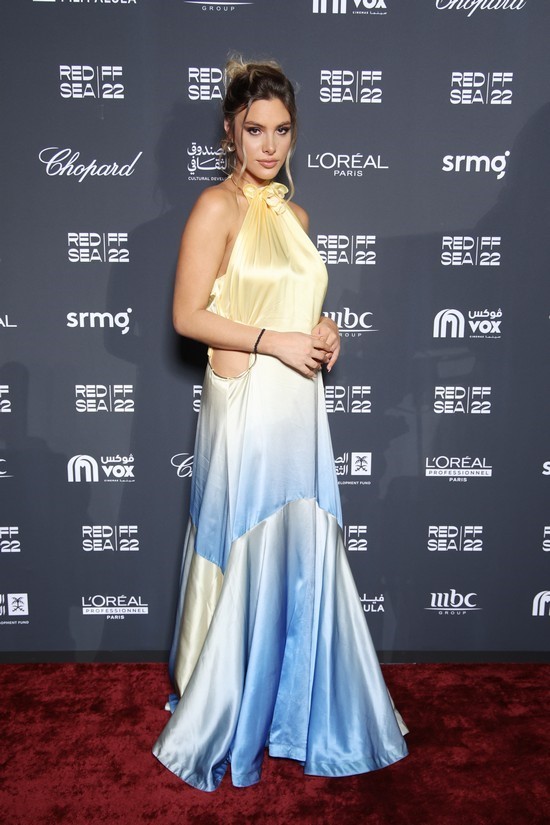
Forecasts for the
country’s film presence are also bright. by 2030, Saudi box office revenues are
estimated to exceed $1b — landing it among the top 20 of global cinema markets,
the report noted. Meanwhile, the General Commission for Audiovisual Media
(GCAM) expects the country to have around 350 cinemas with 2,500 screens by
2030.
A destination
Through sponsors and the considerable support of official and cultural
bodies, the Red Sea Film Festival, though new, has found its place in the
regional arts scene, quickly growing into a destination for Saudi, Arab, and
international filmmakers.
Over the course of
eight days, this year’s festival presented 131 short feature films from 61
countries in 41 languages, including 25 Saudi films, reflecting great interest
in the sector.
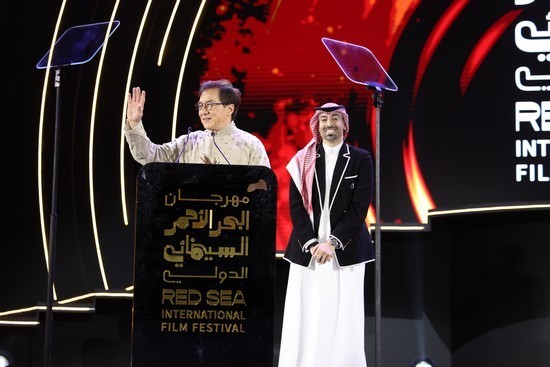
Along with the
emergence of Saudi cinema comes abundant rising talent — those with great
passion for filmmaking and working in cinema in various capacities, both behind
and in front of the camera.
The events were
held at two different venues: the luxurious Ritz Carlton Hotel Jeddah, which
hosted red carpet shows, meetings between stakeholders, the Red Sea Festival
Market, and the virtual reality cinema features; and Fox Cinema at the Red Sea
Mall.
Stars truly shone
throughout the event: big names like Antonio Banderas, Sharon Stone, Guy
Ritchie, Luca Guadagnino, Spike Lee, Andrew Dominik, and Fatih Akin all made an
appearance, along with Adil El Arbi, Bilal Fallah, Gaspar Noe, Kaouther Ben
Hania, Andy Garcia, Akshay Kumar, Jackie Chan, Nelly Karim, Ranbin Kapoor and
Hrithik Roshak.
Opening doors
During the festival, support was given to Arab filmmakers, who premiered
their works under a “zero-censorship” policy. This meant that regional voices
were able to address bold political and cultural questions, as in the film “The
Blue Caftan” by Morocco’s Marie Tuzani.
Along with the emergence of Saudi cinema comes abundant rising talent — those with great passion for filmmaking and working in cinema in various capacities, both behind and in front of the camera.
“I don’t think you
can have an international film festival if you’re going to be censored,” the
festival’s chief executive Mohammed Al-Turki had stated at a press conference.
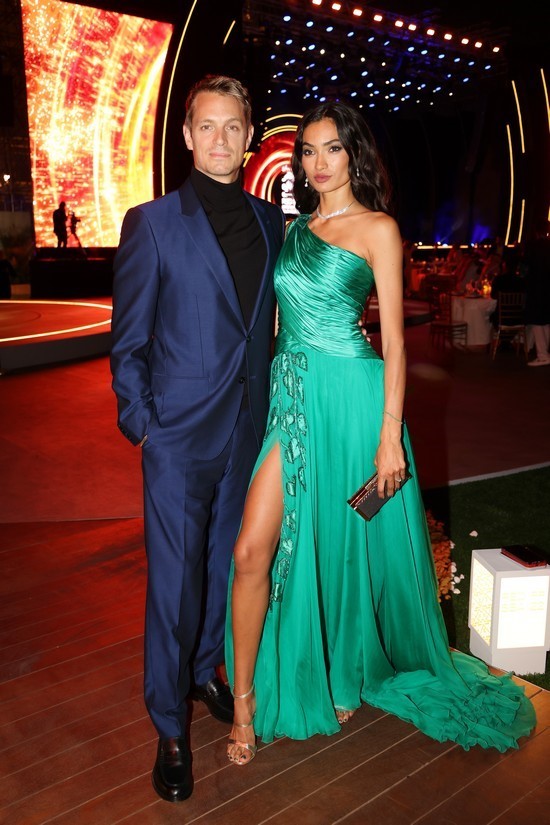
What is more, the
festival paid special focus to uplifting the sector’s women, showing 35 films
directed by female filmmakers, and offered several masterclasses by inspiring
female names in cinema.
In partnership
with Vanity Fair, the festival hosted a “Celebration of Women in Cinema” gala
to express support for global female talent both on and behind the camera — a
culmination of the RSSIF’s programming throughout the year to advance Arab,
Asian, and African women in the film industry.
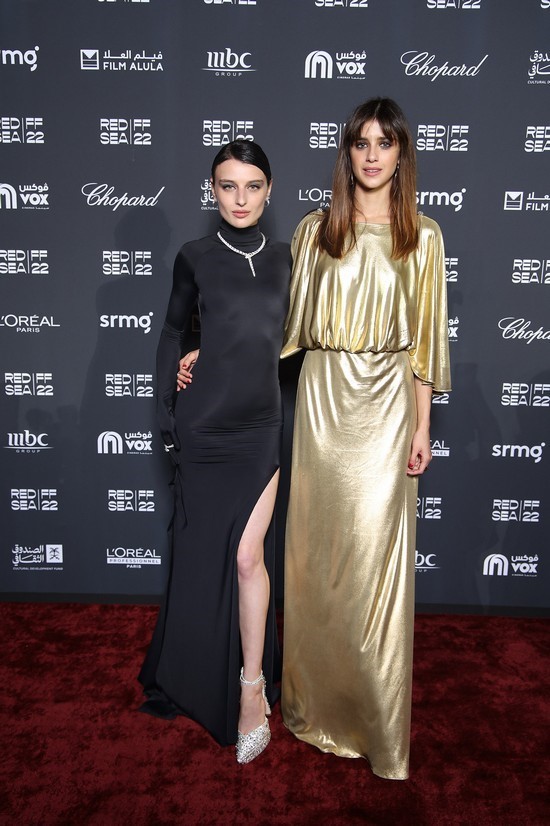
Since the launch
of the Red Sea Film Foundation in 2019, it has championed women filmmakers as
they blaze their own cinematic trails, and continued to advocate against
barriers in the face of so many women worldwide. The foundation has also
introduced programs that address the underrepresentation of women in the film
industry.
In tandem with
this support and the growth of the industry, the number of women directors and
producers in Saudi Arabia and the region is on the rise.
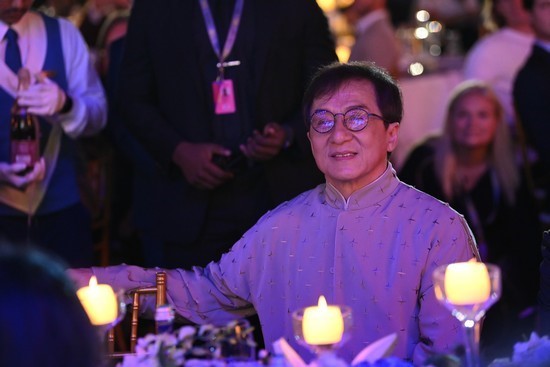
The festival in
Jeddah attracted not only those invested in film and international figures.
Residents of Jeddah and others Saudi cities — cinema-lovers and those wishing
to participate in change in their country — also attended the screenings and
events.
The Red Sea
International Film Festival, fun in creativity, smart in cinematic choices, and
undoubtedly held at a key cinematic destination, supported this growing market
in Saudi Arabia through opportunities for networking, production, directing,
acting, and viewing enjoyment for broader and broader audiences.
Read more Entertainment
Jordan News





